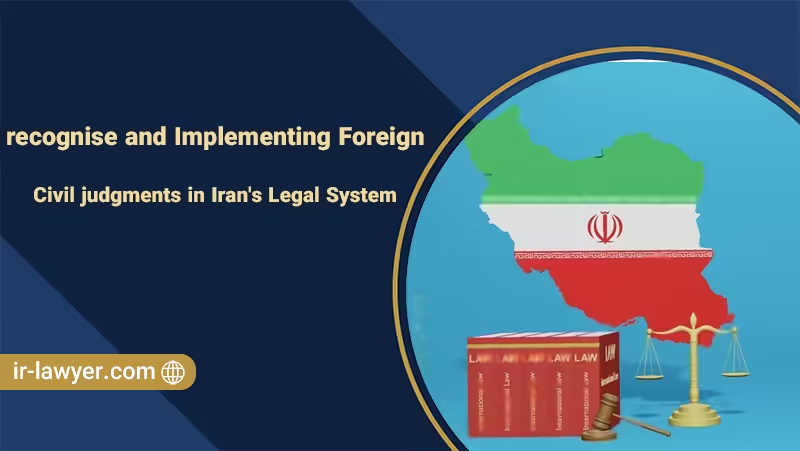
اجرای رای خارجی


اجرای رای خارجی
تماس بگیرید
اجازه دهید ما به موفقیت بزرگ شما کمک کنیم.

آدرس دفتر تهران: نیاوران، خیابان باهنر، پلاک 422، طبقه دوم، واحد 6

آدرس دفتر امارات: دبی، اتوبان شیخ زائد، نرسیده به ایستگاه برج خلیفه، برج آسپین
تمام حقوق مادی و معنوی این سایت برای خلیل آسایش (وکیل اجرای حکم خارجی و وکیل در دبی) محفوظ است.